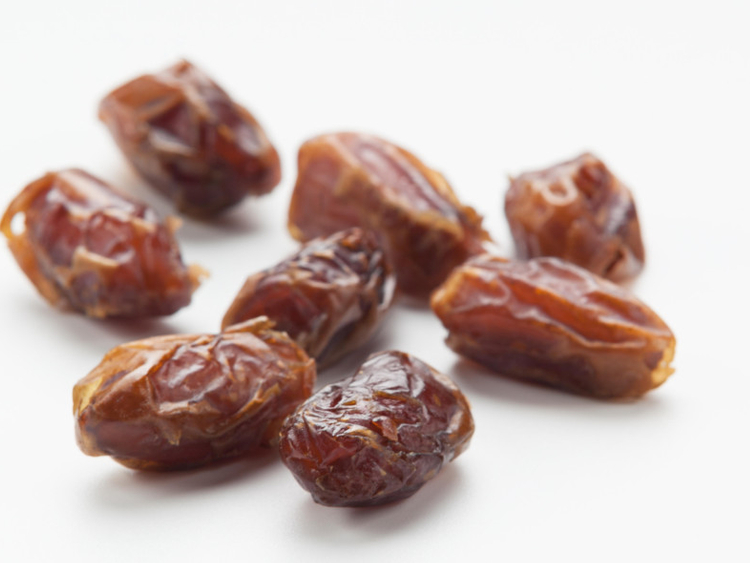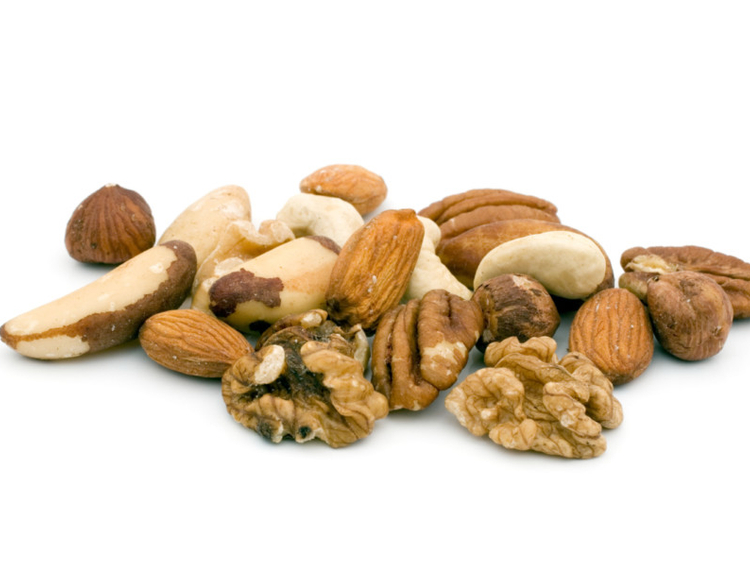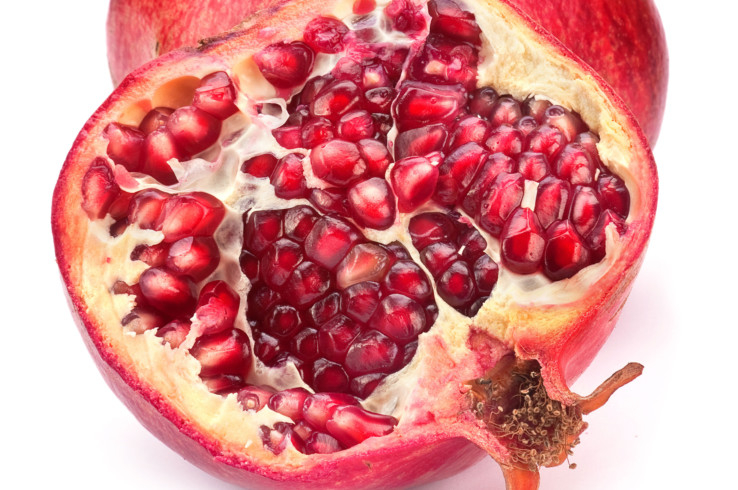
If açai berries were the flavour of 2014, flaxseeds could be the superfood of 2015. Research may be at the heart of these new findings, but superfoods are more often foods that our families have likely been eating for centuries. In fact, many of these have been staples of the Arabian kitchen and are associated with heart health and longevity. On World Heart Day, GN Focus looks at six foods that should remain a part of the UAE diet.
Dates
Referred to in the Quran, dates are rich sources of phenolic radical scavenger antioxidants and inhibit the oxidation of LDL or bad cholesterol, while stimulating the removal of cholesterol from lipid-laden arterial cells. Their high fibre content aids in digestion and helps reduce cholesterol. Ella Woodward, the blogger behind the healthy food site, Deliciously Ella, says dates would be her desert island food because of their high iron, potassium and fibre content as well as their sweetness. “Being so sweet, dates are the perfect healthier, low-fat alternative to sugar or processed sweeteners, giving you a vitamin boost at the same time.”
Mackerel
Fish is a traditional favourite. Aside from hammour, mackerel is a regular feature of the Arabian table. The oily fish is rich in omega 3 fatty acids, preventing blood clots by making platelets less likely to bunch together and attach to arterial walls. It may even repair damaged blood vessels. “Our study shows that fish oils could be better for our heart in more ways than previously thought, decreasing damage to the lining of blood vessels and by increasing the numbers of cells that repair those linings,” says Prof. Parveen Yaqoob, from the University of Reading’s Department of Food and Nutritional Sciences and one of the scientists who conducted the study.
Tomato
The fruit that finds its way into everything from fattoush to shakshuka is known to fight cancer. Lycopene, the agent that reduces cancer risk, also helps improve heart health by keeping blood vessels open and getting rid of LDL or bad cholesterol. A study by scientists at Boston’s Tufts University found that eating lycopene regularly can have a powerful protective effect on the heart, while a previous study by Finnish scientists found that men with the lowest levels of lycopene were up to 60 per cent more likely to suffer a heart attack. Tomatoes are also high in potassium, which helps the heart to beat and reduces blood pressure.
Nuts
Walnuts and pistachios are traditional ingredients in baklava, but while too much sugar may not be good for your general health, the nuts are packed with fibre. Many such as walnuts are also high in omega 3 fatty acids. Although nuts are often avoided because of their high fat content, the fat in question is unsaturated, which is not harmful for the heart’s health. According to research published in the journal JAMA Internal Medicine, people who ate more peanuts and tree nuts such as almonds and walnuts have a lower risk of dying over six years than those who ate less of these.
“Peanuts have similar cardiovascular benefits to tree nuts,” said study researcher Dr Xiao-Ou Shu, a professor of medicine in the division of epidemiology at Vanderbilt University Medical Center in Nashville. “If people are not allergic to them, they should consider eating more peanuts for their heart-health benefits because they are more affordable than other nuts.”
Coffee
Meta research of 36 studies with 1.27 million participants led researchers to the conclusion that moderate long-term coffee consumption — of three to five eight-ounce cups a day — lowers the risk of cardiovascular disease. This appears to work because coffee lowers the risk of calcium deposits in the arteries, which is an indicator of heart disease, discovered a separate study of healthy adult Koreans. Separately, coffee has been found to have a beneficial impact on stroke risk, type 2 diabetes and liver cancer. However, be cautious. “Our study shows coffee use is linearly associated with increased risk of cardiovascular events in young adults with mild hypertension,” said Dr Lucio Mos of the Hospital of San Daniele del Friuli in a press release on their 12-year study, reported earlier this month.
Pomegranates
Pomegranates are believed to help prevent hardening of the arteries, thanks to its antioxidants. A daily dose of pomegranate juice over three months showed improvements in blood flow to the heart and reduced oxidative stress. In a study of mice with high cholesterol, researchers also found that arterial cholesterol content decreased by 28 per cent on a diet of half a glass of pomegranate juice and three dates daily. The combination slowed down the rate of accumulation of fatty substances in arteries that lead to a heart attack or stroke. It also reduced oxidative stress in the arterial wall by 33 per cent. The study, by Middle Eastern researchers, was published in the Royal Society of Chemistry’s Food & Function.















